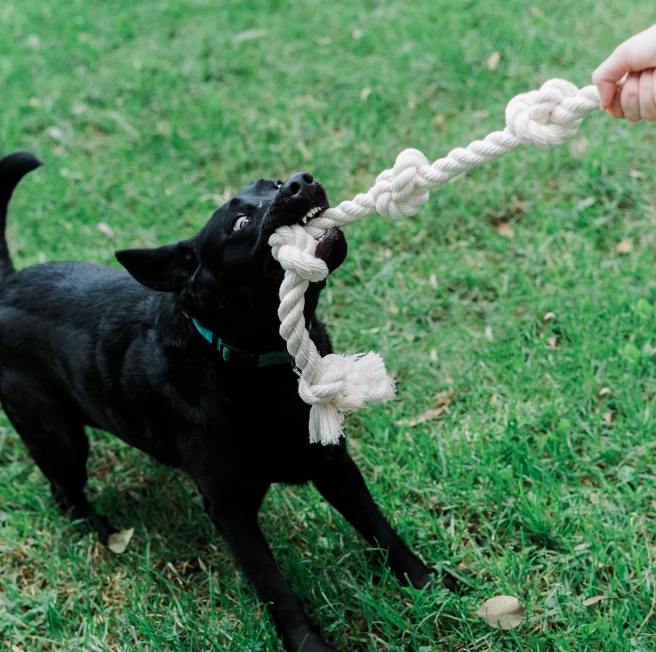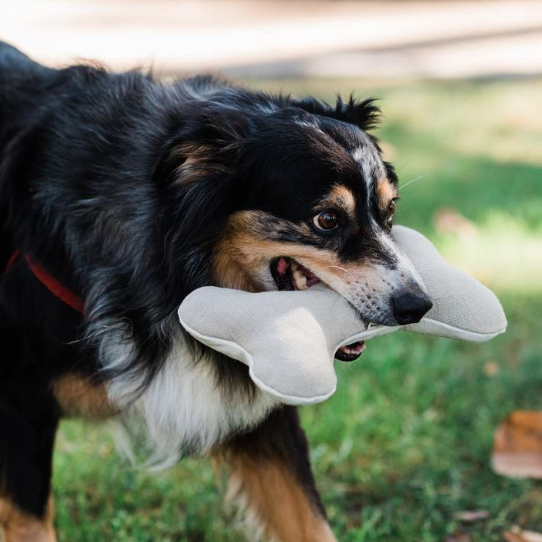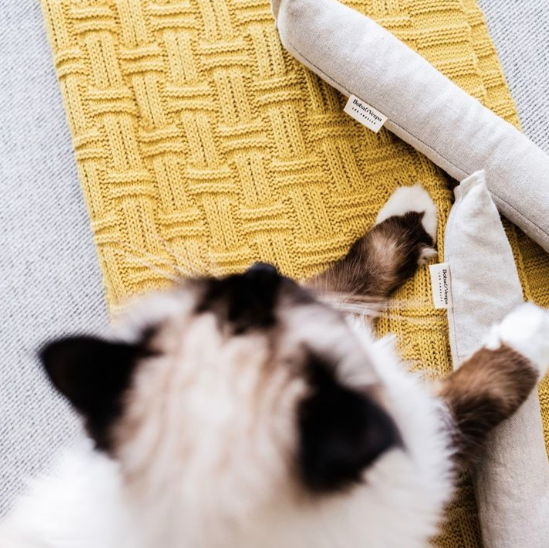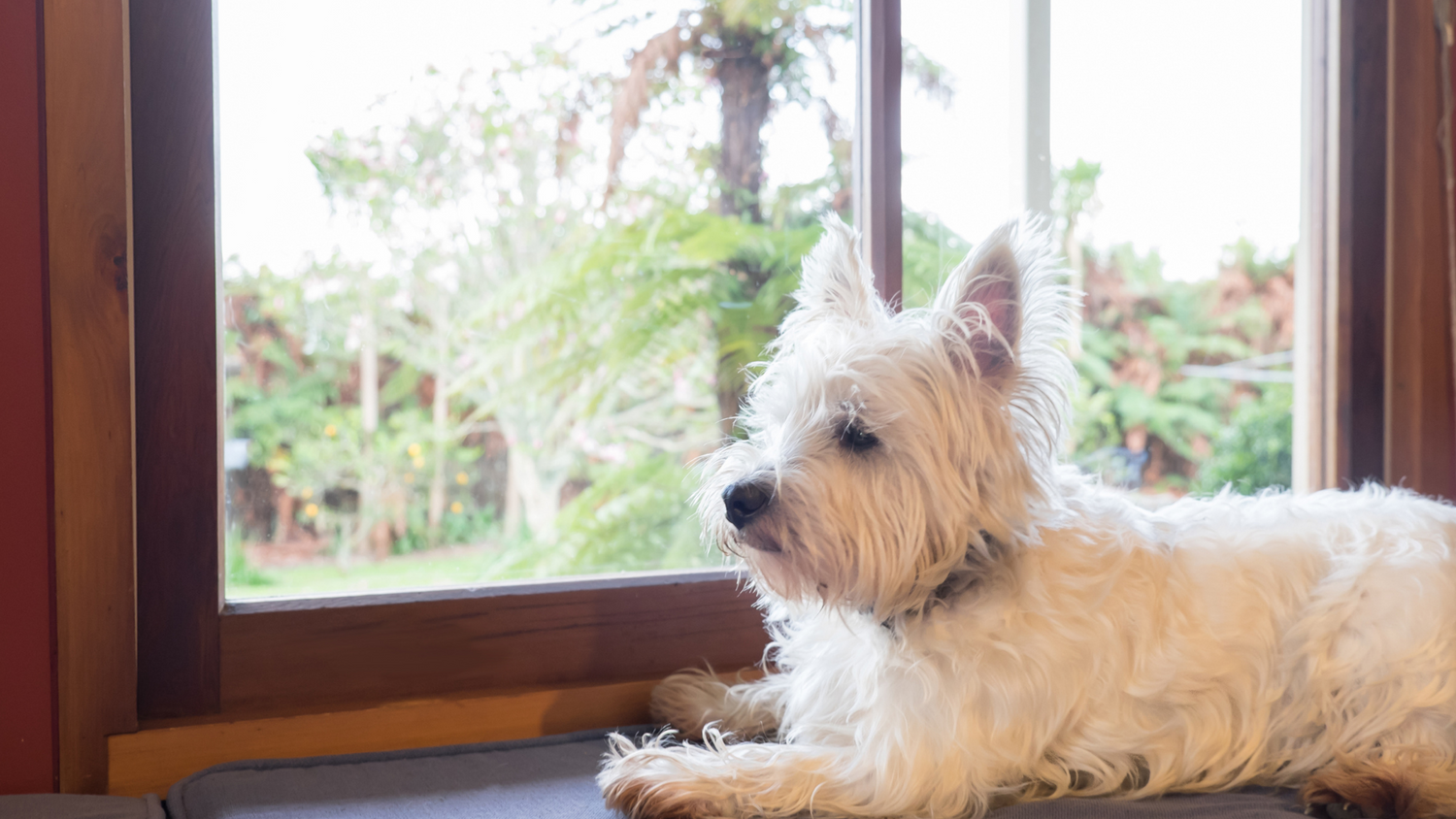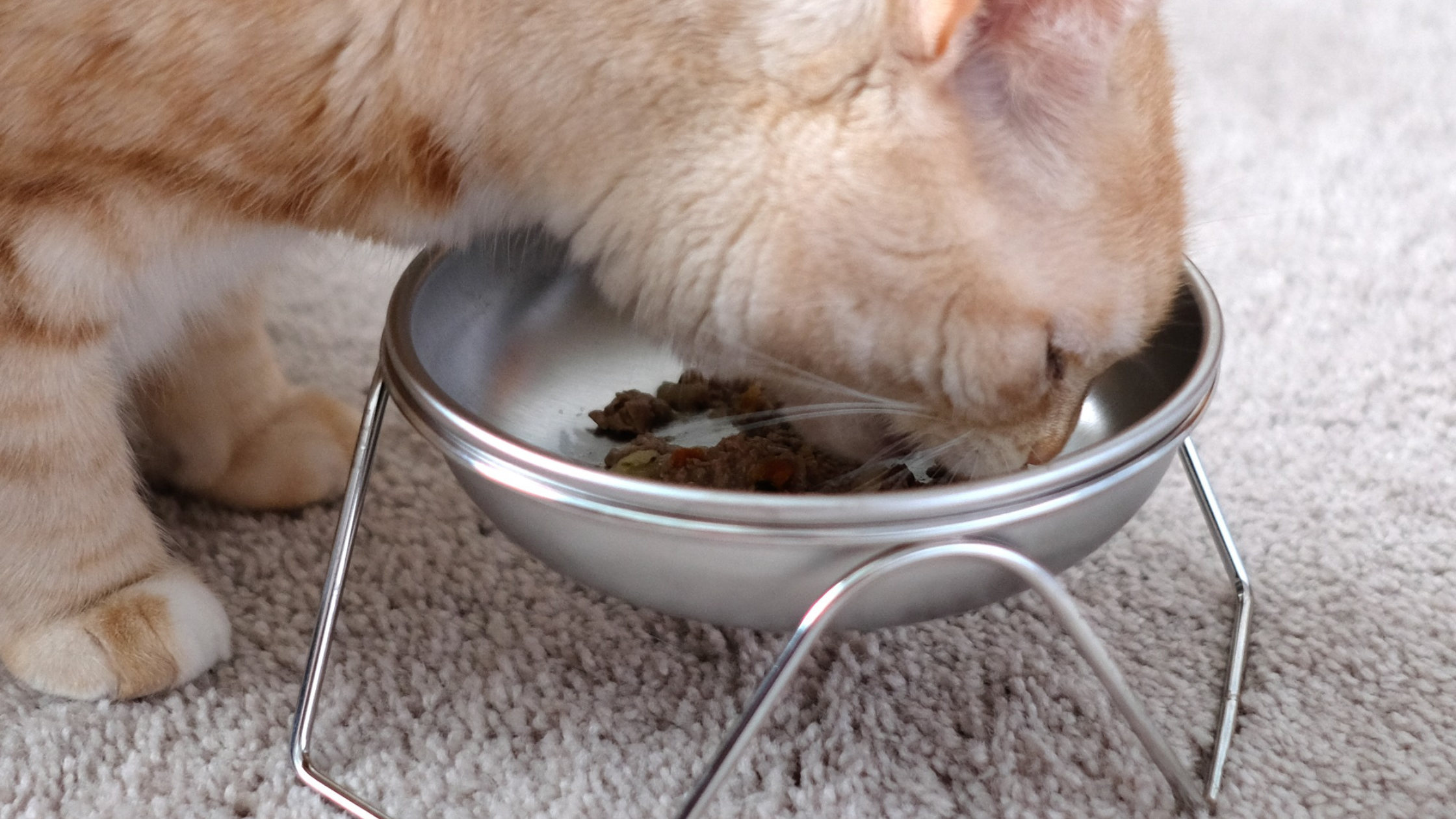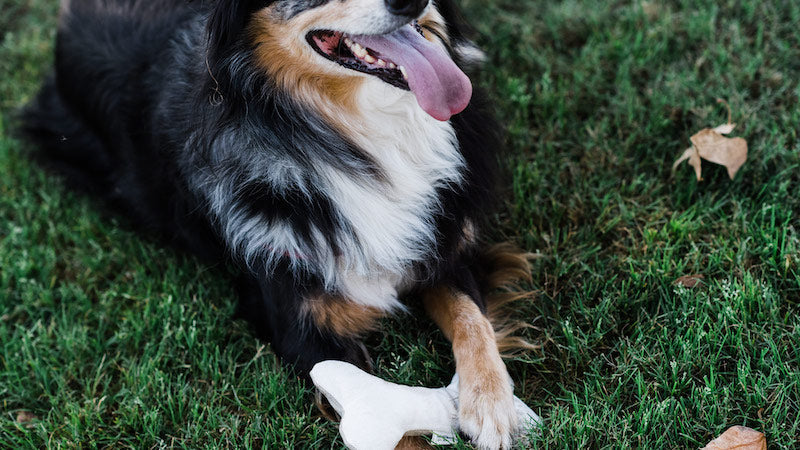Dogs are cherished family members we count on for companionship, cuddles, and much more. We know our dogs love us, but sometimes, dogs can become overly attached to specific family members. When a dog becomes excessively reliant on people, the absence of their favorite human can cause extreme anxiety and distress for them. This is called separation anxiety and can result in destructive behavior when your dog is left alone.
For many pet owners, the struggle with their furry friend's separation anxiety can be overwhelming. Nobody wants to come home to chewed furniture, scratched doors, or toileting accidents in the house! To improve your furry friend's well-being and alleviate your dog's anxiety, understanding the root cause and effective management techniques is crucial. We're here to help.
In this post, we explore how addressing separation anxiety often requires a multifaceted approach. From creating a comforting environment to providing mental stimulation to using supplements like dog CBD oil, it's possible to manage your dog's separation anxiety, helping them be happier, calmer canine companions.
What is Separation Anxiety in Dogs?
Separation anxiety in dogs is a behavioral disorder characterized by distress, fear, or anxiety when a dog is separated from their owner or the people they are emotionally attached to. A 'clingy dog tends to shadow your every move, reluctant to be apart from you. They may visibly display distress or upset when you're not around.
While the root cause of separation anxiety can vary, the condition may be triggered by a change in routine, trauma, lack of socialization, or being rehomed. For rescue or shelter dogs, especially those with a history of abandonment or trauma, separation anxiety might be more prevalent due to past experiences.
The Impact of Separation Anxiety on Dogs
Dog anxiety can manifest in various ways, causing significant stress for the dog and sometimes leading to destructive behavior. Here are some common signs in dogs with separation anxiety:
Excessive Barking or Howling
Dogs may bark or howl excessively when left alone, especially if they feel anxious or stressed by the separation.
Destructive Behavior
Dogs with separation anxiety might chew furniture, scratch doors or windows, or exhibit other destructive behaviors while left alone.
Pacing or Restlessness
Some dogs might pace back and forth or show signs of restlessness, unable to settle down when separated from their owners.
Toileting Indoors
Even house-trained dogs may urinate or defecate indoors when experiencing separation anxiety.
Attempts to Escape
Dogs may try to escape confinement, such as breaking through doors or jumping fences, in an attempt to reunite with their owners.
Panting or Drooling Excessively
Physical signs like excessive panting or drooling can indicate the dog's distress during separation.
With these signs, it's crucial to differentiate separation anxiety from general behavioral issues. Bear in mind that dogs with separation anxiety display these behaviors specifically when they are left alone or perceive that their owners are about to leave.
Exploring CBD Oils for Dogs with Separation Anxiety
From personal experience or through others, you probably know of CBD's varied benefits in promoting a sense of calm and overall well-being and even reducing pain for conditions like hip dysplasia. Surprisingly, your dog can also benefit from specially formulated CBD for pets. With its ability to help manage stress or anxiety in anxious dogs, it’s no wonder that CBD oil for dogs is gaining traction among dog owners.
How does Pet CBD Work?
CBD, derived from the cannabis plant, has emerged as a potential natural remedy for managing a dog's separation anxiety without causing psychoactive effects. Specifically formulated CBD products, such as CBD oil for dogs or CBD treats, interact with a dog's endocannabinoid system, which regulates physiological functions. Full-spectrum hemp extract, containing multiple cannabinoids and terpenes, can enhance the anxiety-relieving effects without causing harm to your pet.
CBD Products for Dogs
The accessibility of CBD products for pets has significantly improved, making them widely accessible both in stores and online. However, just like any other purchase for your dog, ensuring you select a safe, high-quality, and effective product is paramount. Here's what to consider when shopping for CBD for your pet:
Source and Manufacturing
Verify the origin and production of the hemp plant used in the product.
Ingredient Scrutiny
Examine and comprehend all listed ingredients to avoid fillers or artificial additives.
Premium CBD and Testing
Opt for products made with top-tier CBD that undergo third-party lab testing to confirm the absence of THC.
Veterinarian-Formulated
Prioritize products specifically formulated by veterinarians for the safety and well-being of your pet.
Appropriate Strength and Dosage
How much CBD is appropriate? To safely administer CBD, choose strengths based on your pet's weight and adhere strictly to the suggested serving sizes and usage directions provided.
A Holistic Approach to Anxiety Management for Anxious Dogs
We believe that managing separation anxiety in dogs requires a holistic approach. In addition to CBD for dog separation anxiety, here are some ideas for pet owners with anxious dogs:
Creating a Supportive Environment
Consider leaving the TV tuned to a nature channel with a gentle volume or playing calming music or talk radio to keep them engaged while you're away.
Providing Enough Exercise
An active dog is a content one. Prioritizing their exercise routine before you depart can significantly alleviate their stress. When your dog is physically engaged, they tend to exhibit fewer destructive behaviors during periods of solitude.
Enriching their Environment
Mental stimulation is just as important as physical exercise. While many dogs might enjoy lounging during your absence, they also thrive on play. Providing stimulating enrichment toys can help alleviate their anxiety.
Behavioral Training and Environment Optimization
Like crate training, behavioral training can create a secure space and reduce anxiety when the dog is alone. Positive reinforcement and associating the crate with positive associations also contribute to a more effective anxiety management strategy.
Addressing Specific Anxiety Triggers
CBD can be beneficial in addressing specific anxiety triggers, such as car travel, by administering a single dose before such events, easing the dog's anxiety and making the experience less stressful for both the pet and the family.
Consulting a Veterinarian for Guidance
While CBD shows promise, it's crucial to consult a veterinarian before introducing it or significantly changing a dog's routine. Vets can offer guidance on dosage, potential interactions, and other suitable methods for managing separation anxiety in dogs.
Did you know that separation anxiety can happen in cats too? Check out our blog post about natural methods to calm your anxious cat.

